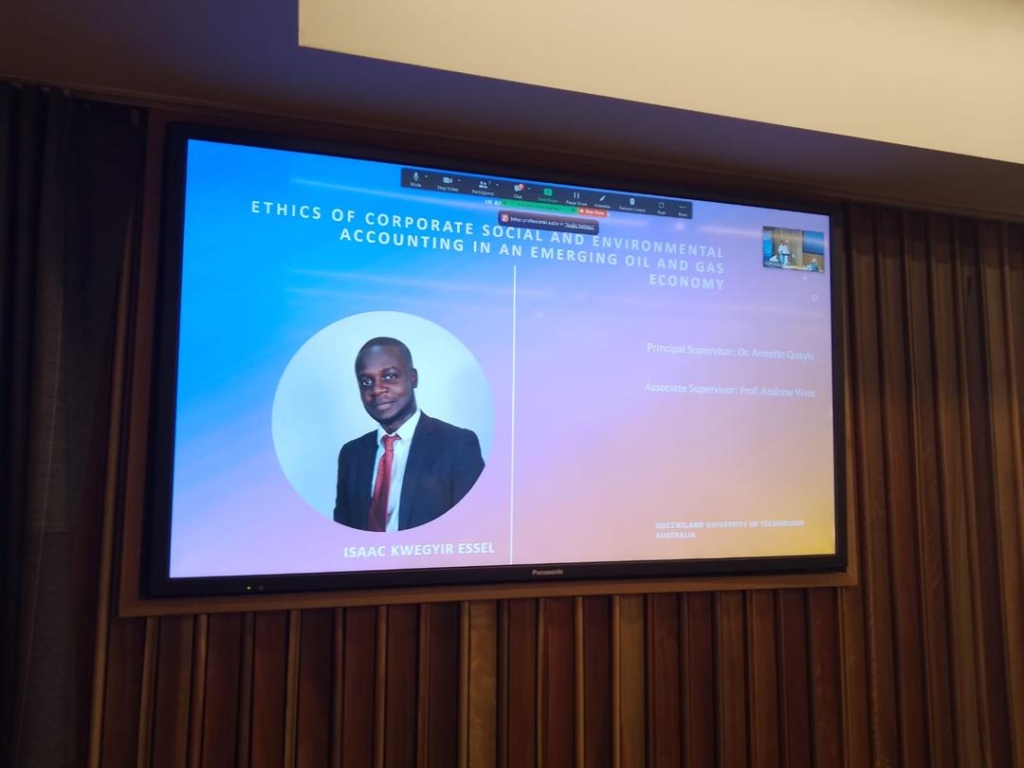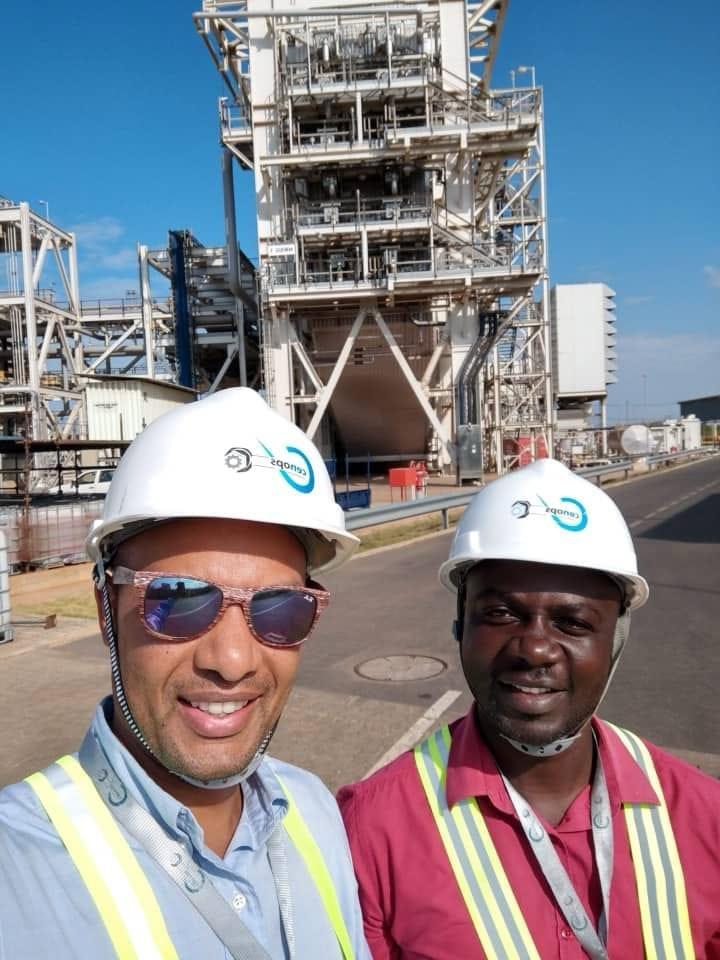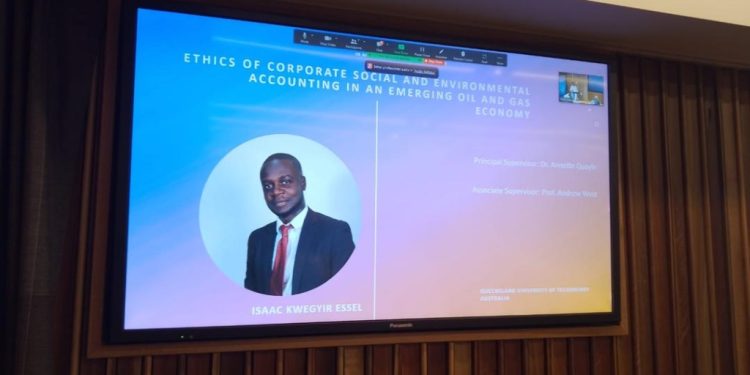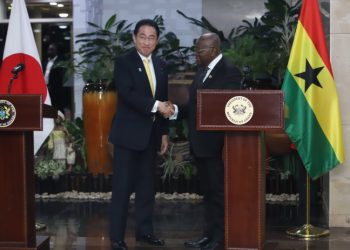As Ghana navigates its renewable energy shift, lessons from its past hold critical value for the future of Ewoyaa—a lithium-rich community with high hopes and higher stakes.
Ghana’s Renewable Energy Drive
Ghana’s energy sector has long been anchored in fossil fuels and hydroelectricity, with oil, gas, and water-based power forming the bulk of the national supply. However, increasing demand, environmental concerns, and global climate goals have pushed the country to diversify. Today, solar, wind, and biomass are becoming vital components of Ghana’s energy mix.
Legal and policy frameworks have played a critical role in this shift. The Renewable Energy Act of 2011 laid a foundation for clean energy development, while the National Energy Policy (2010) outlined strategic goals, including achieving 10% renewable energy in total generation by 2030. Although the country has yet to fully reach that goal, initiatives like the 20 MW Nzema Solar Project, the Bui Power Authority’s solar expansion, and widespread off-grid projects have significantly improved rural electrification.
Ghana’s solar potential—boosted by its location near the equator—positions it as a future leader in renewable energy generation. However, this transition has not been without obstacles. Infrastructure gaps, regulatory complexity, financing limitations, and the lack of a skilled renewable energy workforce still pose significant challenges.

A Personal Reflection: Hope Rooted in History
I grew up in Mfantseman West, where I had my primary and junior high school education. The region holds deep personal significance for me—not only as my hometown but also as a place rich in history and potential. I recall that the first oil exploration and production in Ghana took place in Saltpond, right within the Mfantseman constituency. Despite this early involvement in Ghana’s energy story, the area saw little to no tangible economic benefits. It remained underdeveloped and economically marginalised.
As Ewoyaa emerges as a hub for lithium exploration, I am hopeful that history will not repeat itself. This time, I believe the development of critical mineral resources must lead to meaningful economic transformation, not just for the benefit of the national economy, but for the people living in the constituency. Ewoyaa’s success should serve as a turning point, demonstrating that resource-rich communities can also be centres of prosperity, innovation, and opportunity.

Lessons for Ewoyaa: A Just and Sustainable Future
Ewoyaa’s lithium discovery places it at the intersection of mineral wealth and renewable opportunity. The global demand for lithium, used in electric vehicles and battery storage systems, makes it a strategic asset. As Ghana forges ahead with its clean energy ambitions, Ewoyaa can leverage these lessons:
- Diversify the Energy Mix
Ewoyaa should prioritise early investment in solar energy, which is abundantly available due to the region’s climate. Decentralised solar power systems can meet local needs without over-reliance on national grid infrastructure, particularly in remote areas.
- Establish Clear Regulatory Frameworks
Drawing from Ghana’s Renewable Energy Act, Ewoyaa should develop localised policy frameworks that encourage investment, promote transparency, and ensure community benefits. Alignment with national energy policies will attract both domestic and international stakeholders.
- Invest in Energy Storage and Grid Stability
One of the central challenges in renewable energy is intermittency. To avoid supply disruptions, Ewoyaa must explore storage solutions, such as lithium-ion batteries and pumped hydro storage, to support a consistent energy supply for residential and industrial use.
- Green the Mining Sector
Lithium mining presents an opportunity to integrate clean energy directly into extractive activities. This not only reduces the sector’s environmental impact but also sets a precedent for sustainable mining. With the right investments, Ewoyaa could even become a hub for local battery manufacturing, creating jobs and adding value to raw minerals.
- Promote Rural Electrification and Development
Off-grid solar systems have greatly improved energy access in Ghana’s rural communities. Ewoyaa can adopt similar approaches to electrify homes, schools, and businesses, stimulating local economies and reducing poverty.
- Build a Skilled Local Workforce
A successful transition requires human capital. Ewoyaa should invest in training programs that equip youth and local workers with the skills needed in the renewable energy and mining sectors, supporting long-term employment and innovation.
A Call for Energy Justice
Ewoyaa’s development must also address broader questions of fairness and equity. The global energy transition risks repeating patterns of exploitation if not guided by justice-centred policies. Community voices, environmental protections, and inclusive governance should be central to every decision made. If managed responsibly, Ewoyaa can become a model for how critical mineral development can uplift communities rather than marginalise them.
Commendation and Outlook
It is important to commend the current government under the leadership of President John Mahama for his foresight and deep understanding of the complex dynamics within the energy sector. His administration has taken commendable steps to ensure that Ghana’s energy future remains secure, inclusive, and forward-thinking. The appointment of Hon. Jinapor to head the Ministry of Energy reflects this strategic vision.
Hon. Jinapor’s leadership has already signalled a strong commitment to aligning fossil fuel development with renewable energy and energy transition strategies. Their collective approach sets a solid foundation for the integration of energy transition imperatives into existing fossil fuel frameworks. This forward-looking perspective offers hope that Ghana can become a leader in clean energy innovation while maximising the benefits of its traditional energy resources.
Conclusion
Ghana’s energy transition, while still unfolding, holds critical lessons for Ewoyaa and similar communities. By adopting a proactive, community-focused approach that prioritises sustainability, equity, and innovation, Ewoyaa can chart a different path—one that leads not just to resource extraction but to true transformation. The moment is ripe for Ewoyaa to lead the way in redefining what a just, local-led clean energy future can look like in Ghana and beyond.
DISCLAIMER: The Views, Comments, Opinions, Contributions and Statements made by Readers and Contributors on this platform do not necessarily represent the views or policy of Multimedia Group Limited.
DISCLAIMER: The Views, Comments, Opinions, Contributions and Statements made by Readers and Contributors on this platform do not necessarily represent the views or policy of Multimedia Group Limited.
- President Commissions 36.5 Million Dollars Hospital In The Tain District
- You Will Not Go Free For Killing An Hard Working MP – Akufo-Addo To MP’s Killer
- I Will Lead You To Victory – Ato Forson Assures NDC Supporters
Visit Our Social Media for More




